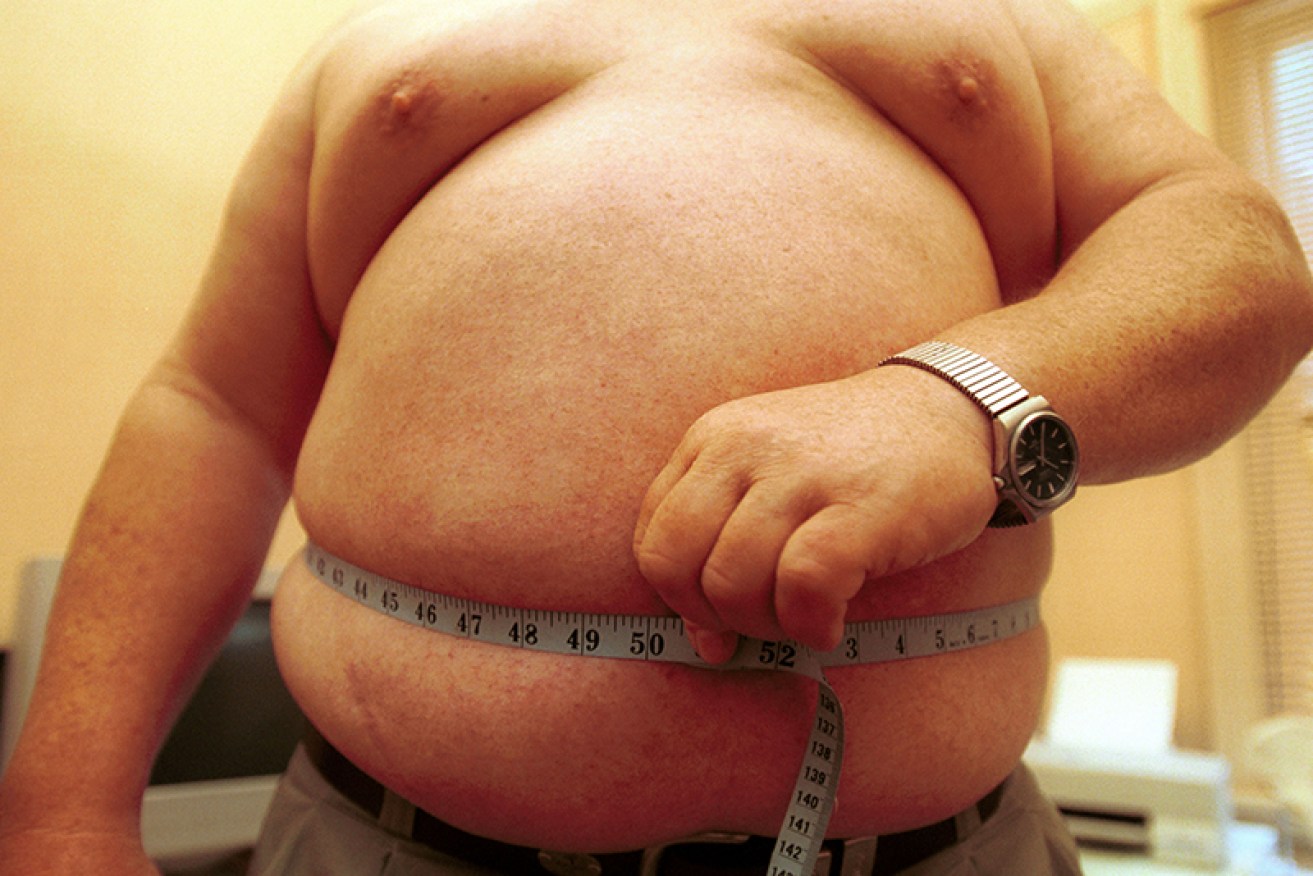Australians delusional over the state of our health

Australians think they're healthy – but half of us suffer from chronic diseases. Photo: Getty
About 50 per cent of Australians are living with a chronic disease and 63 per cent of adults are now considered overweight or obese, according to the latest report by the Australian Institute of Health and Welfare.
Despite those findings, the report also found 85 per cent of Australians said they thought they were in good or excellent health.
The report provided disturbing rates of chronic diseases caused by lifestyle choices, prompting calls for a large injection of funds for prevention programs.
It also said that 95 per cent of Australians did not eat the recommended servings of fruit and vegetables, more than 10 per cent smoked daily and almost 20 per cent drank to ‘risky levels’.
And while there were some improvements in the health of Aboriginal and Torres Strait Islander Australians, they continued to have lower life expectancy rates than non-Indigenous Australians — more than 10 years shorter.
Health Minister Sussan Ley said one in four Australians have two or more chronic diseases, such as cancer, cardiovascular disease, chronic obstructive pulmonary disease, arthritis, asthma, back pain, diabetes or a mental health condition.
“Coronary heart disease remains the leading single cause of death. And many of these cases may be preventable,” she said.
“The scales are also tipping in terms of our body weight, with 63 per cent of adults now considered overweight or obese — a increase of seven percentage points in the past 20 years.
“In fact we are one-and-a-half times worse than the OECD average.”
Life expectancy in rural areas lower: report
Ms Ley said the report found people living in rural and remote parts of Australia tended to have lower life expectancy than people living in major cities.
She said those living in remote and very remote areas had higher mortality rates from traffic accidents, suicide and diabetes.
“People in very remote areas also are nearly twice as likely to experience emergency hospital admissions involving surgery than those living in major cities,” she said.
“And the number of GP services provided per person in very remote areas is half that of the major cities.”
However, there were some positive results in the latest health check.
Ms Ley said cancer survival rates had increased and the overall mortality rate had fallen by about 22 per cent over the past 34 years.
“And that’s a welcome result, particularly as we’re seeing an increase in the number of new cancer cases diagnosed each year,” she said.
Call for increased focus on prevention
A recent report published by the Sax Institute found preventable chronic illnesses in those aged 45 and up were costing the health system billions of dollars.
Emily Banks, a professor from the ANU’s School of Public Health, said Australia could be doing “a lot better in prevention”.
“We do also know that prevention is a great investment,” she said.
Professor Banks said most people with conditions caused by lifestyle choices, such as smoking or bad diet, had expressed the wish that they could have prevented their disease from occurring in the first place.
“So I think we could be doing a lot more to prevent smoking related illnesses, I think we could be doing a lot more to reduce overweight and obesity,” she said.
“One of the things this report highlights is the variation between the rich and the poor, between Indigenous and non-Indigenous Australians.
“And that really shows us how much we could be preventing, because those gradients in disadvantage really show us that opportunity that’s out there.
“And we still need to ensure the lifestyle prescription, which is really the cornerstone of a good preventative healthcare.”








